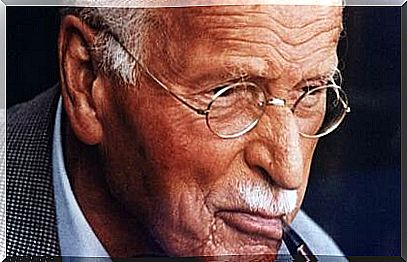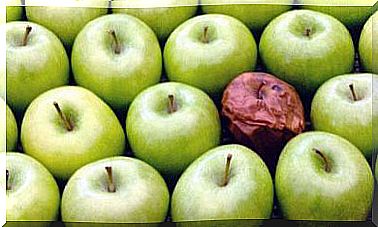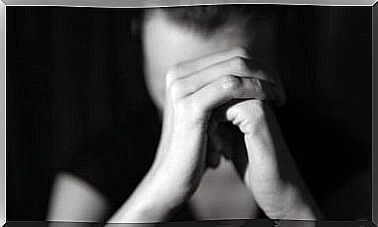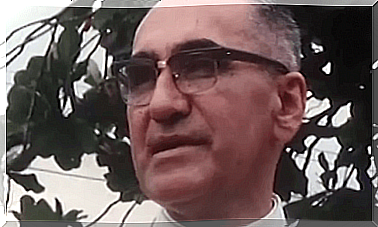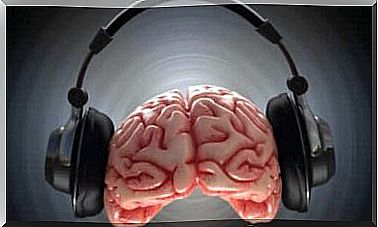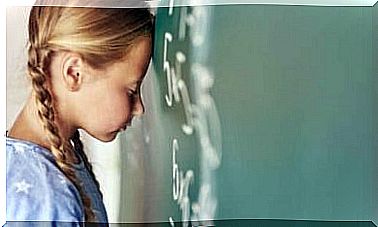Coincidences, Or The Art Of Knowing How To Take Advantage Of Opportunities
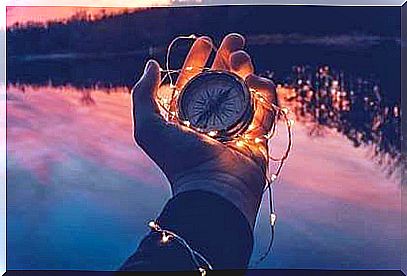
There are coincidences that, for many people, go beyond mere chance. It is chance drawing a road, it is this synchronicity that sometimes leaves us speechless because we are not able to give a logical explanation for what happened. We have all, in one way or another, experienced some of the characteristics of a coincidence. Although science questions the importance of these events, there is one aspect that no one can deny.
Coincidences give us a precious opportunity to reflect on ourselves and what surrounds us. So, in this frenetic rhythm of our daily life, filled with pressures, routines and obligations, we suddenly see this childhood friend again. He walks into a bookstore to buy the same book as us. The world then stops for a moment.
It is an incredible parenthesis in our reality where we limit ourselves to appreciating this singular coincidence. It is this moment when we abandon ourselves to the unexpected and we enjoy a breath of air mixed with a touch of magic.
Certainly, beyond this nuance, there is another more relevant. Any fortuitous fact can hide an opportunity. They are sparks of destiny that everyone must interpret with openness, intuition and creativity to give them meaning and importance.
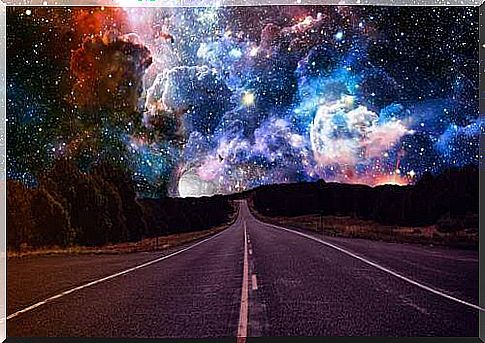
Coincidences: What Does Science Say?
Josh Tenenbaum, professor of cognitive science and information at MIT (Massachusetts Institute of Technology), says coincidences are a strange paradox. On the one hand, and at first glance, it seems like a relatively irrational topic. Nevertheless, science agrees that many of the most incredible discoveries often start from incredible coincidences.
As striking as it may sound, science has always been interested in these kinds of events. For example, in 1989, mathematicians Persi Diaconis and Frederick Mosteller carried out a study to establish a method of coincidence analysis. They have thus shown that truly significant coincidences are infrequent, but they do occur all the same. However, they pointed out an additional element: coincidences lie in the eye of the beholder.
In other words, only the one who will be able to appreciate the importance that lies behind chance will be able to take advantage of the opportunity that life places there. This image is in a way similar to what Carl Jung defined as synchronicities. For the famous Swiss psychiatrist, certain events are interconnected by the simple law of cause and effect. Sometimes external events coincide with our internal emotions and needs.
Coincidences happen for us to react
Mark Holland, a psychologist and co-author of the book Synchronicity: Through the Eyes of Science ( Synchronicity: through the eyes of science) explains something very interesting on the subject. These phenomena arise to make us feel something. All these events generate an impact and invite us to a deep reflection on the mystery of life.
Let us cite a simple example. A few months ago, we met a person in training. We liked it but we did not have the opportunity to speak with her. Several months have passed since the end of the training. Despite this, that face still has not faded from our memory. Suddenly, on an afternoon shopping in a mall, we see this person from afar.
Faced with this significant coincidence (or synchronicity, by connecting an internal desire with an external event), one is initially surprised. Then the worry appears, as well as this contained emotion that prevents us from knowing how to react. However, to fail to do so is to lose an opportunity. Indeed, a coincidence that has not been examined or taken advantage of is like an unopened letter. We will never know what fate had planned for us.
Do coincidences happen or do they appear?
Many psychiatrists around the world, as well as physicists, scientists, economists and journalists decided to create a few decades ago the so-called Society of Serendipity. The goal is both simple and ambitious: to understand the phenomenon of coincidences.
They explain first of all that coincidences are created. Their occurrence often depends on our personality, our openness, our curiosity and our ability to observe and appreciate significant events. Thus, the person who rarely looks around, who does not seek to change his routine, who is characterized by an inflexible mind will hardly be able to appreciate or create these phenomena.
The idea of the mathematicians Persi Diaconis and Frederick Mosteller is realized again, them who insisted on the fact that the coincidence is perceived only by the observer. Carl Jung, meanwhile, defended the theory of Unus Mundus. The psychic world and the material would be one and the same. The observer and his reality would therefore form a whole, the same always connected matter.

Granted, beyond Jung’s theories, what scientists don’t deny is that coincidences happen because sometimes it’s us who make them possible. If the scientist did not experiment with certain elements, these incredible accidental discoveries would not take place. If we stayed at home without looking at the world with an ounce of infantile curiosity, confidence and openness, we wouldn’t appreciate the magic of coincidence.
However, do not forget one simple aspect: coincidences do happen, but if they do, it is so that we are able to take advantage of the opportunities they offer us.
